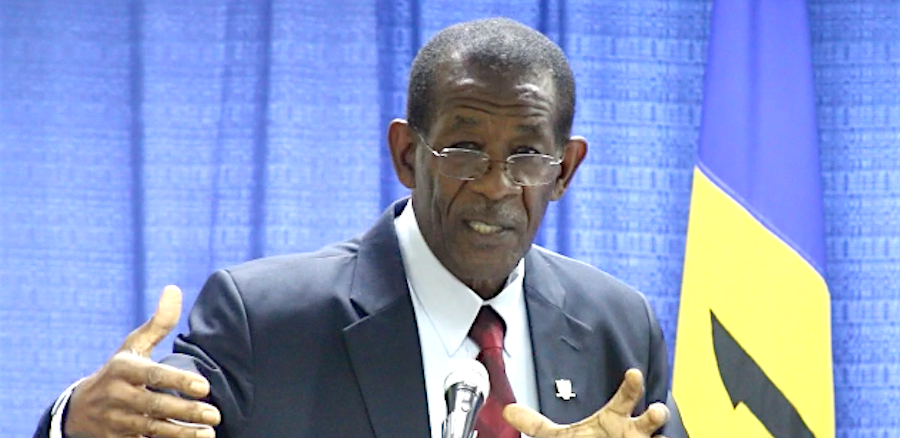The Barbados Association of Professional Engineers (BAPE) believes the Barbados National Energy Policy (BNEP) is on the wrong track with the potential to cause chaos in its implementation.
BAPE also believes that the energy situation in the country has been in a state of limbo for some years now, particularly since the Government proclaimed “its innovative and creative” energy policy 2019 – 2030. The BNEP envisions a carbon-free energy future for the island that is predicated on replacing the use of expensive and environmentally unfriendly fossil fuels as sources of national energy needs with carbon-neutral and renewable energy sources, such as solar, wind, and waste-to-energy technologies.
But the president of BAPE, Lt Col Trevor Browne is adamant that while this vision is achievable and technically feasible, given the many recent advances in technologies that allow the extraction and harnessing of renewable energy directly from the environment and in a sustainable and environmentally friendly manner, the implementation process is flawed.
“Unfortunately, the vision proclaimed by the Barbados Government also translates into what is perhaps the single most complex, intricate, and potentially chaotic engineering undertaking to have been contemplated in Barbados, or indeed anywhere, in the last 50 years,” Browne said in a statement on Thursday.
“Of particular concern has been the dangerously simplistic idea being promoted at high levels of leadership in Barbados, that the challenge is simply one of increasing the percentage of renewable energy sources on the national grid.”
The spokesman for the local engineering sector suggested that there is a “very simple” reason why few other countries, including those that can easily afford the cost of the exercise, have not contemplated a national vision such as Barbados’ BNEP.
“This is an extremely complex, intricate, and pioneering engineering undertaking, with major risks, some of which are yet to be quantified,” Browne warned.
“Any hope of successful implementation of this outstanding national vision will rest on the country’s ability to carefully and meticulously plan, innovate, design, conceptualize, and overcome the many challenges and barriers to success that exist,” the professional engineer said.
He contended that the sociological impacts of such an energy transformation are foreboding, over and above the technical obstacles and the financial hurdles to be faced in building out the many critical assets needed by the new energy framework.
He argued that a review of other jurisdictions where similar energy transformations have been tried, would identify the enormity of the challenge.
“Based on their relatively good solar profile by European standards, back around 2008, Spain attempted to explore the photovoltaic (PV) path with devastating results. Their exercise ended in massive bankruptcies and a highly unpopular ‘National Sun Tax’ being imposed on each solar panel, in an attempt to compensate for the financial chaos that resulted.
“Australia is also experiencing serious energy chaos in many areas due to imbalances caused by intermittent energy penetration into their national grid, now around 15 per cent,” Browne pointed out.
He suggested that these countries’ situations resulted from an inadequately planned, investment-driven approach to energy transformation, rather than from a proactive engineered plan, designed for national success.
“The approved plan [model] then drives the legislation, capitalization, regulation, and operation of the completely new energy framework. It must be clear then, that Barbados is currently on a completely wrong track with our energy transformation. It is therefore not helpful for our national policymakers to be running around encouraging investors to pump dollars into a complex concept that has not yet been designed, tested, or even defined clearly,” the BAPE leader stated.
“What is urgently required now, is a detailed National Energy Transformation Plan, designed and peer-reviewed by experienced professionals, which can then be tested and cost to guarantee its viability. To repeat, a formal, approved, National Energy Transformation Plan is long overdue,” he argued.
Browne asserted that Instead, Barbados has been seeing a “hurried rush” by many investors to grab maximum profits in the early stages of change, without any clear reference to the implications down the road, and mostly based on projections that are derived from a fossil fuel-based framework.
Browne contended that a successful national energy policy would put Barbados in a position to become a global prototype and a reference point for future similar conversions – not only in other small island states but generally. (EJ)




